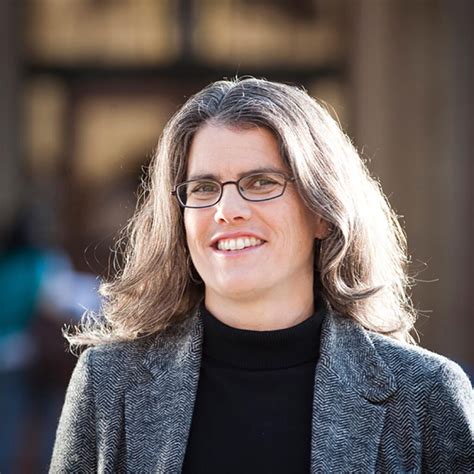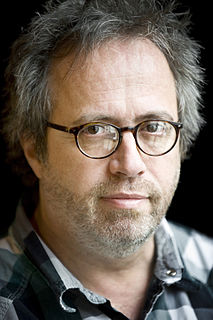A Quote by Clifford D. Simak
This is the very center of everything there is. A huge black hole eating up the galaxy. The end of everything.
Related Quotes
Data suggest that central black holes might play an important role in adjusting how many stars form in the galaxies they inhabit. For one thing, the energy produced when matter falls into the black hole may heat up the surrounding gas at the center of the galaxy, thus preventing cooling and halting star formation.
There used to be a huge hole in my life that I wrote many albums about. I didn't realise it was a wife-and-daughter-shaped hole. They've plugged that gap. Everything I do, I do for them now. When daddy goes to work, it's daddy going to work, not Rob going to work. I feel like there's a purpose to everything.
People with eating disorders tend to be very diametrical thinkers – everything is the end of the world, everything rides on this one thing, and everyone tells you you're very dramatic, very intense, and they see it as an affectation, but it´s actually just how you think. It really seems to you that the sky will fall if you are not personally holding it up. On the one hand, this is sheer arrogance; on the other hand, this is a very real fear. And it isn't that you ignore the potential repercussions of your actions. You don't think there are any. Because you are not even there.
In stories, everything has to have clear consequences and everything has to focus to the end. Everything at the end will give meaning to everything that precedes. In my own life, the consequences of the choices I've made aren't always very clear. The most beautiful things are sometimes not totally truthful, and the end will not give more meaning to everything that precedes.
I had a very brilliant father who was not only intellectual, but was street-smart and very curious to boot. The day I found out that he didn't know everything, I grew up. It was a shock. I just thought that the man was the end-all of everything, and he knew the answer to everything. Then I found out I'd have to find out my own answers.
































